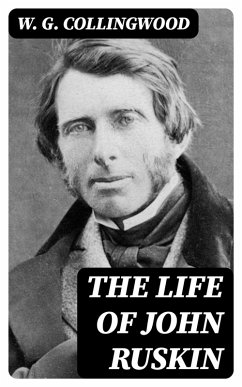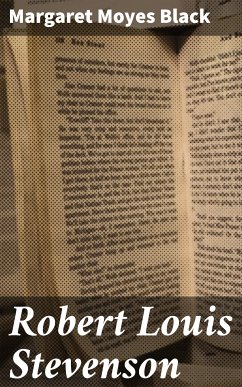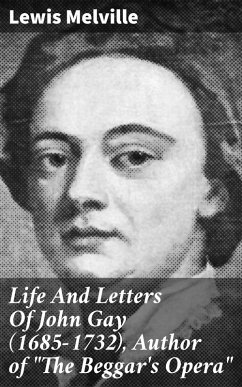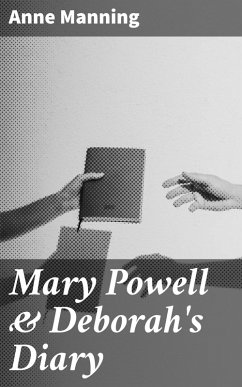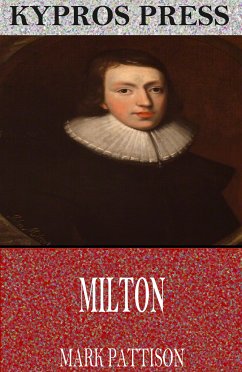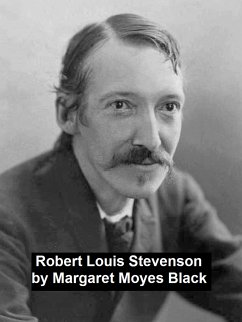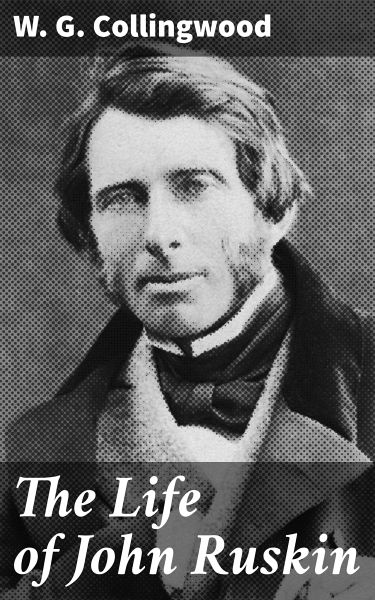
The Life of John Ruskin (eBook, ePUB)
Enriched edition. Unveiling the Legacy of a Visionary: A Deep Dive into Ruskin's Life and Influence on Victorian Society
Kommentar: Langley, Meredith / Redaktion: Good Press
Versandkostenfrei!
Sofort per Download lieferbar
2,49 €
inkl. MwSt.
Weitere Ausgaben:

PAYBACK Punkte
0 °P sammeln!
In "The Life of John Ruskin," W.G. Collingwood presents a comprehensive and insightful biographical study of one of the most influential Victorian thinkers. Employing a narrative style that combines meticulous historical analysis with vivid anecdotal illustrations, Collingwood paints a multifaceted portrait of Ruskin'-not merely as an art critic and social reformer but also as a complex human being deeply engaged with the aesthetic and moral questions of his time. The text is rich in literary context, shedding light on Ruskin's philosophical influences, his passionate critiques of industrial s...
In "The Life of John Ruskin," W.G. Collingwood presents a comprehensive and insightful biographical study of one of the most influential Victorian thinkers. Employing a narrative style that combines meticulous historical analysis with vivid anecdotal illustrations, Collingwood paints a multifaceted portrait of Ruskin'-not merely as an art critic and social reformer but also as a complex human being deeply engaged with the aesthetic and moral questions of his time. The text is rich in literary context, shedding light on Ruskin's philosophical influences, his passionate critiques of industrial society, and his enduring legacy in the realms of art and architecture. W.G. Collingwood, a prominent art historian and a close associate of Ruskin, was profoundly influenced by his teachings and ideals. His direct engagement with the artist and thinker provided Collingwood with unique insights into Ruskin's character and intellectual pursuits. This background enriched Collingwood's portrayal, allowing him to draw upon personal anecdotes and correspondence, ultimately crafting a biography that resonates with authenticity and depth. For readers interested in the intersections of art, society, and philosophy, "The Life of John Ruskin" is an essential read. Collingwood's erudition paired with his intimate knowledge of Ruskin's life and work not only captivates the reader but also invites a thoughtful exploration of how Ruskin's vision continues to shape contemporary discourse on art and ethics. In this enriched edition, we have carefully created added value for your reading experience: - A succinct Introduction situates the work's timeless appeal and themes. - The Synopsis outlines the central plot, highlighting key developments without spoiling critical twists. - A detailed Historical Context immerses you in the era's events and influences that shaped the writing. - An Author Biography reveals milestones in the author's life, illuminating the personal insights behind the text. - A thorough Analysis dissects symbols, motifs, and character arcs to unearth underlying meanings. - Reflection questions prompt you to engage personally with the work's messages, connecting them to modern life. - Hand-picked Memorable Quotes shine a spotlight on moments of literary brilliance. - Interactive footnotes clarify unusual references, historical allusions, and archaic phrases for an effortless, more informed read.
Dieser Download kann aus rechtlichen Gründen nur mit Rechnungsadresse in A, B, BG, CY, CZ, D, DK, EW, E, FIN, F, GR, H, IRL, I, LT, L, LR, M, NL, PL, P, R, S, SLO, SK ausgeliefert werden.




